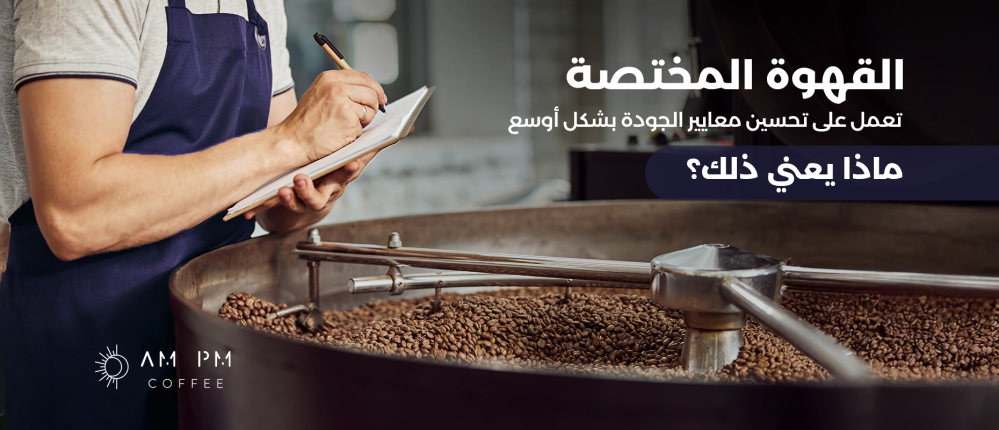Specialty coffee is a type of coffee that is characterized by its high quality and strict standards. A coffee is classified as “specialty” if it receives a score of 80 or higher on the Specialty Coffee Association (SCA) scale. This rating reflects the quality of the flavor and the sustainable method of production. Specialty coffee sells for higher prices and is considered a luxury product in the global markets.
The impact of specialty coffee on quality standards in the industry:
Specialty coffee has had a major impact on the wider coffee industry, setting new precedents for transparency and sustainability in the supply chain. This has prompted larger players, such as multinational coffee companies, to be more transparent and accountable in their dealings. As a result, some major companies, such as Nespresso, have become B-Corps, committing to high social and environmental standards. This has led to increased demand for more transparent sourcing practices and fairer pricing, prompting consumers to value coffee products based on social and environmental impact as well as quality.
According to research from Mintel, the proportion of new products in the coffee industry with ethical or environmental claims has nearly doubled over the past decade. This indicates a major shift in consumer priorities, with coffee that adopts sustainable practices now more important.
Changing consumer preferences and the importance of convenience:
While quality has been the focus of specialty coffee, the market has begun to shift towards convenience products, such as ready-to-drink (RTD) coffee, capsules, and instant coffee. According to market forecasts, the ready-to-drink coffee market is expected to reach USD 43.8 billion by 2028, growing faster than the global coffee market. This shift reflects consumers’ increasing desire for high-quality products that also offer convenience and speed.
In an effort to achieve operational efficiency, specialty companies have begun to embrace automation. Investing in technologies such as automated coffee brewers, AI-powered roasting software, and super-automatic espresso machines has become essential. This helps improve consistency and customer service while reducing operational costs.
“I wasn’t entirely convinced by the ‘offer’ of making coffee in a coffee shop,” says Howard Barwick, European Business Development Manager at Covoya Coffee. “Automated solutions have been around for a while, and it’s only recently that specialty coffee has embraced them to deliver great results and expand the reach of good service.”
Challenges and opportunities for specialty coffee:
Despite the impact of specialty coffee on the wider coffee industry, its market size remains relatively small. Specialty grade coffee represents only a small percentage of total global production, as many small farmers do not have the resources or infrastructure to improve the quality of their products beyond 80 points. This limits the extent to which the specialty market can impact the wider industry.
Additionally, while innovation is key to the growth of the specialty coffee industry, it sometimes creates an elitist and exclusionary culture. Some consumers, especially those who just want a simple cup of coffee, may feel excluded or overwhelmed by the complexities and trends in the specialty market.
“Specialty coffee certainly creates trends and pushes them into the broader market, but it can quickly become very vague,” says Miranda Caldwell, founder of The Coffee MBA. “If we follow trends from the World Barista Championships, many of them are impractical in the real world. Who wants to freeze their milk every day?”
“I think it’s time for external trends to start influencing the specialty coffee industry,” she adds. “If we want to grow our values-based influence, we need to meet the needs of new generations, while maintaining quality as a strong differentiator.”
Conclusion:
Thanks to specialty coffee, quality standards in the coffee industry as a whole have improved. As the market continues to grow, consumer expectations are likely to continue to rise, but the challenge is finding a balance between quality and convenience. Roasters and coffee shops must find ways to combine the two without compromising service or standards. Despite the limitations, specialty coffee continues to shape the future of the global coffee industry through innovation, changing consumer preferences, and pressure for more transparent and fair business practices.

